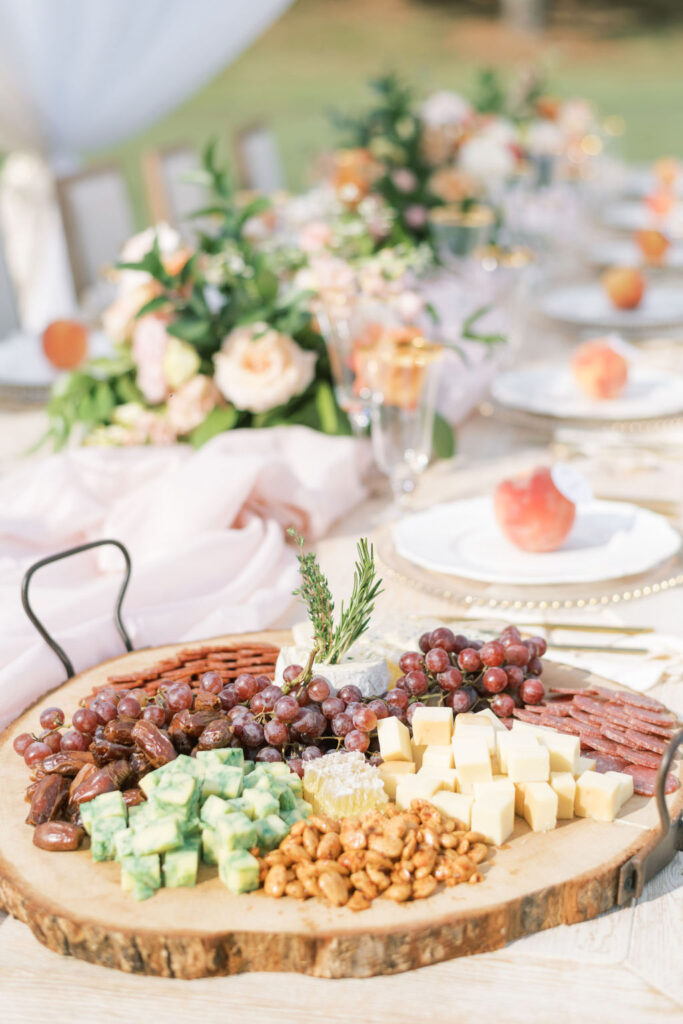SHARE
A wedding day is a long day for all involved, and that’s especially true for the professionals who are there to ensure everything runs smoothly. A meal is a big part of most wedding receptions. After the couple has said “I do” and is ready to party, they need some sustenance to keep them going. However, the vendors that are on-site working the wedding all day long also need to be fed. At some point, they’ll need to refuel—and that’s where vendor meals come in. This typically includes photographers, videographers, wedding planners, and any other professionals providing services throughout the event.
Feeding wedding vendors is a common practice for most but not always factored in which is why I am stressing the importance in this blog. A vendor meal or the opportunity to eat a warm meal during a wedding day is absolutely a thoughtful gesture to show appreciation for their hard work and dedication during the event. Most vendors will have a clause in their contract that stipulates they require a meal which helps take the guesswork out of who to feed. Along with the main meal, consider providing refreshments such as water, coffee, or soft drinks to keep vendors hydrated and energized.
Your florists, hair stylists and makeup artists, for example, don’t need vendor meals because they will likely be long gone by the time dinner rolls around. Vendors who are only at the wedding for a couple of hours, like a ceremony musician, officiant or getaway car driver, won’t need meals. However, many other key people will. Your wedding coordinator or planner will be a great resource in figuring out who needs to be included in the headcount for vendor meals.
So let’s talk wedding vendors and whether they get fed?
Yes, yes, they should be fed. For example, your wedding planner, photographer and videographer are with you all day long — would you work all day long without taking a lunch break or dinner break? You don’t need the key people assisting with your day to pass out from hunger or exhaustion.
Typically, vendors will eat during the same mealtime as the guests, ensuring that they have a chance to eat without missing crucial moments.
Furthermore, discuss break times with vendors, especially if they are working for an extended period. Providing short breaks for meals or rest can help ensure that vendors stay on the top of their game and focused throughout the day.
Ask vendors about their preferences or any dietary restrictions. Some vendors may have specific dietary needs or preferences, and accommodating these shows consideration for their well-being.
3 planning tips when factoring vendor meals:
- Set up a designated area where vendors can comfortably enjoy their meals. This can be a separate room, a staff area, or a specified section of the venue.
- Clearly communicate the meal plan and schedule to your vendors. Let them know when and where their meals will be available. Include this information in your wedding day timeline.
- Provide an accurate count of vendor meals to your catering team. This helps ensure that they prepare the right amount of food for both guests and vendors.

photo credit: Hyde Co
Remember that taking care of your vendors goes beyond providing meals. A positive and respectful working relationship, clear communication, and acknowledging their efforts will contribute to a smooth and enjoyable wedding day for everyone involved.
Vendors who feel comfortable expressing their needs and concerns are better equipped to provide top-notch service, ensuring that your wedding day runs smoothly and according to your vision.